Messages from Our Instructors
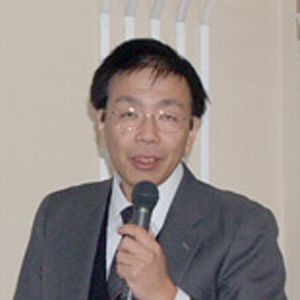
Hiroshi NakanoUsing the Internet, you can send messages on social media, share data, go shopping, get recommendations, look through encyclopedias, have text translated, talk to people, and so much more. Without the Internet, I don’t think we could do most of these activities, and new uses for this platform keep on coming out. For education as well, I think we should work together to not only transfer current education methods onto the Internet, but also create new, highly effective education solutions that would never have been possible without this technological breakthrough.
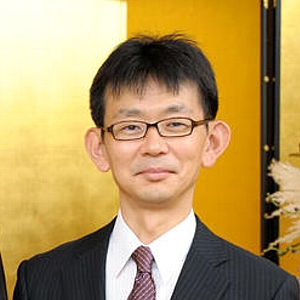
Masashi TodaI hope that you’ll be able to meet and engage in lively discussion with a wide variety of faculty, classmates, underclassmen, and upperclassmen, while creating your own original vision for instructional systems studies. I can only speak on one small part of this field made up of a variety of subjects, but I’ll do my best to contribute to you finding the vision among them that best suits you.
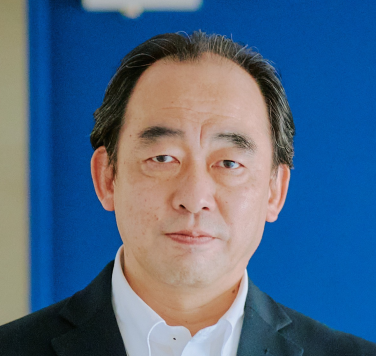
Toshihiro KitaI think everyone who enters the instructional systems studies program is young. Of course, not everyone is young in terms of age (how rude of me!), rather each student has an irrepressibly strong desire to improve themselves and achieve their own goals. Learning together, both online and off, with people possessing this youthful drive, be they my age, older, or younger, will certainly change you as a person. I know it has changed me.
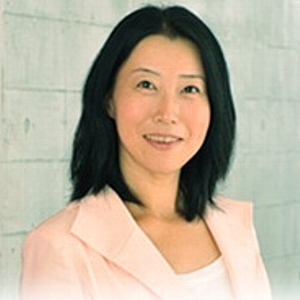
Yoshiko GoudaRecently, I have become keenly aware of how researchers are like children. We are constantly asking “what?” and “why?” about various things, and then researching until we figure out the answers. Then, rather than being satisfied with the results, we immediately want to share those results with everyone around us. In this way, every day for us is a thrilling search for the next riddle to solve. We use all sorts of methods to observe the things that interest us from many angles, knowing that if we are patient and keep observing, we’ll eventually find the answer we’ve been looking for. Let’s solve these riddles together!
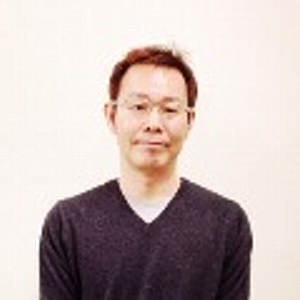
Yoshihiro EkawaThe other teachers might not like this, but I’d like to support ambitious research that could surpass the boundaries of even ID studies. In education, as with advertising, we are providing messages to human recipients, and there’s no such thing as a theory or method that can ensures that a message can be relayed properly to any recipient in any situation. I think it’s important for us to realize that our work does not end simply by designing learning materials using the theories and methods of ID.
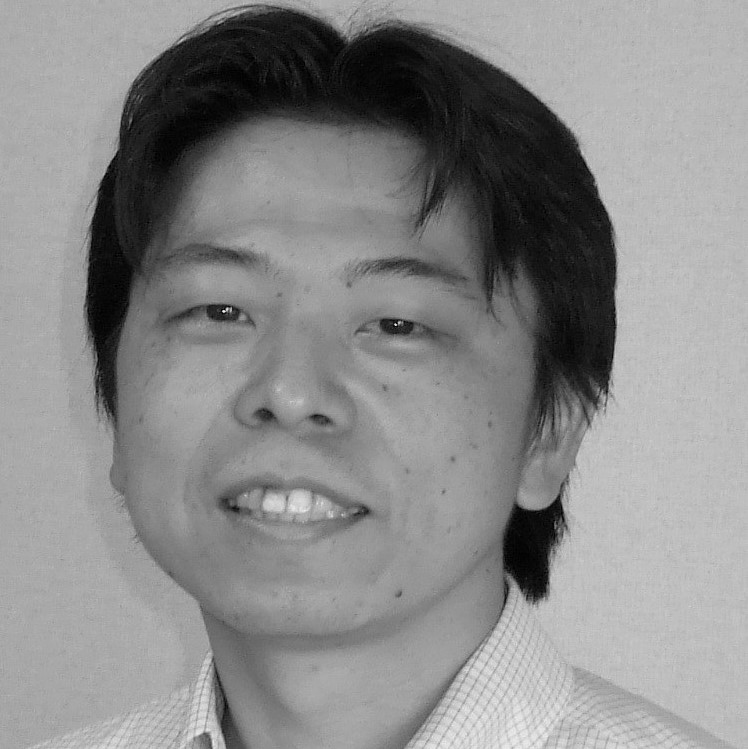
Shinichiro KubotaThe instructional systems studies program provides an academic setting for us to discuss how best to provide an efficient method for learning. If you want to improve how your instructional method is provided, please join in on our discussion, and share the techniques you’ve used up until now in the process. I hope you’ll join us in considering the answers to our three main questions: 1. How much time should be spent learning each topic? 2. How should learners know that they’ve achieved a learning goal? and 3. How should we guide them to these goals?
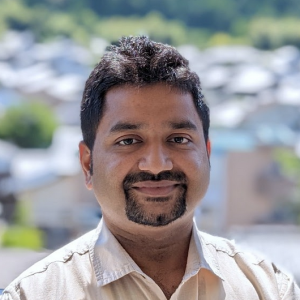
Rwitajit MAJUMDAREducation is the manifestation of the perfection already in man.
– Swami Vivekananda (Indian philosopher and saint). The above idea inspires me to work together in the domain of education. I like to involve groups of learners in active learning. We all need to wear the hat of a designer to craft our own personally meaningful engagement in learning and knowledge creation processes. Then those practices should be shared and refined.
– Swami Vivekananda (Indian philosopher and saint). The above idea inspires me to work together in the domain of education. I like to involve groups of learners in active learning. We all need to wear the hat of a designer to craft our own personally meaningful engagement in learning and knowledge creation processes. Then those practices should be shared and refined.
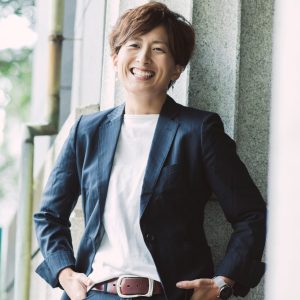
Asuka Kawagoe“Create a culture of talking about education” This is a phrase that I have held dear since I first became a researcher. Students graduate after completing approximately 124 credits of classes over a four-year period. During that time, they continue to take classes taught by a variety of faculty members. However, until now, faculty members at universities did not know what classes other faculty members were teaching. In other words, a kind of “non-aggression pact” had been concluded. Therefore, I thought that in order to change university education, it was important to spread a “culture of talking about education” at universities. I believe that faculty members talking about education with each other is an important step in improving classes and reforming university education. In the Department of Instructional Systems, we have created an environment where students can study with peace of mind. Let’s create a culture of talking about education together.

Masahiro MigitaClothes, furniture, cars, and nearly everything in the world is created based on designs. Designs are complicated, some designs stand on their own while others are inextricably linked to one another. But all of them appear to have one thing in common: they were conceived to help achieve some sort of goal. In this world overflowing with designs, I think designs are also necessary for learners to achieve their learning goals.

Norio IriguchiAccording to Pascal (1623-1662), humans are nothing but reeds growing from the dirt. Even so, humans have used their capacity for thought to create new technology and, from this technology, the magnificent physical civilization we live in. In the same way, the thinking human has devised web pages, educational content, works of art such as pictures and music, thereby also creating a magnificent spiritual civilization. Just as Pascal said, humans are not but “thinking reeds”. Now consider the following scenario: a trademarked property from the US is uploaded, without permission, to a server in Japan. Using the Internet, this work can be viewed by people in the US as well. As far as trademark rights are concerned, the property being shown is all that matters. What will happen here? Is this simply our freedom of expression? Even intangible assets flowing from the Internet have their own economic value. For the sake of humanity, we must properly protect the rights of the private individuals who make these assets.

Katsuaki Suzuki I really want to lecture on these topics! However, I’m the one who wrote the Educational Material Design Manual for Self-Study Support, so I know that I must resist this desire. Studying on one’s own is hard, lonely, and difficult to keep doing. I’d like to wipe out this negative mindset, and replace it with an educational setting in which learners will be motivated to keep studying through e-learning. This is my higher goal, one that I work for as I try to make every day of suppressing my urge to lecture worth the effort. Though I look forward to every so-called “Kumadai Night” in which I get to chat with many of my students, I spend the majority of my days alone but enjoying watching the same students exchange ideas on message boards, and I feel reassured that this is the way it should be. Please enjoy yourselves while studying hard! I hope you act like a demanding customer who wants to get a lot out of this program, and that this leads you to become a specialist who is able to put yourself in the shoes of the customer to satisfy everything they ask of you.
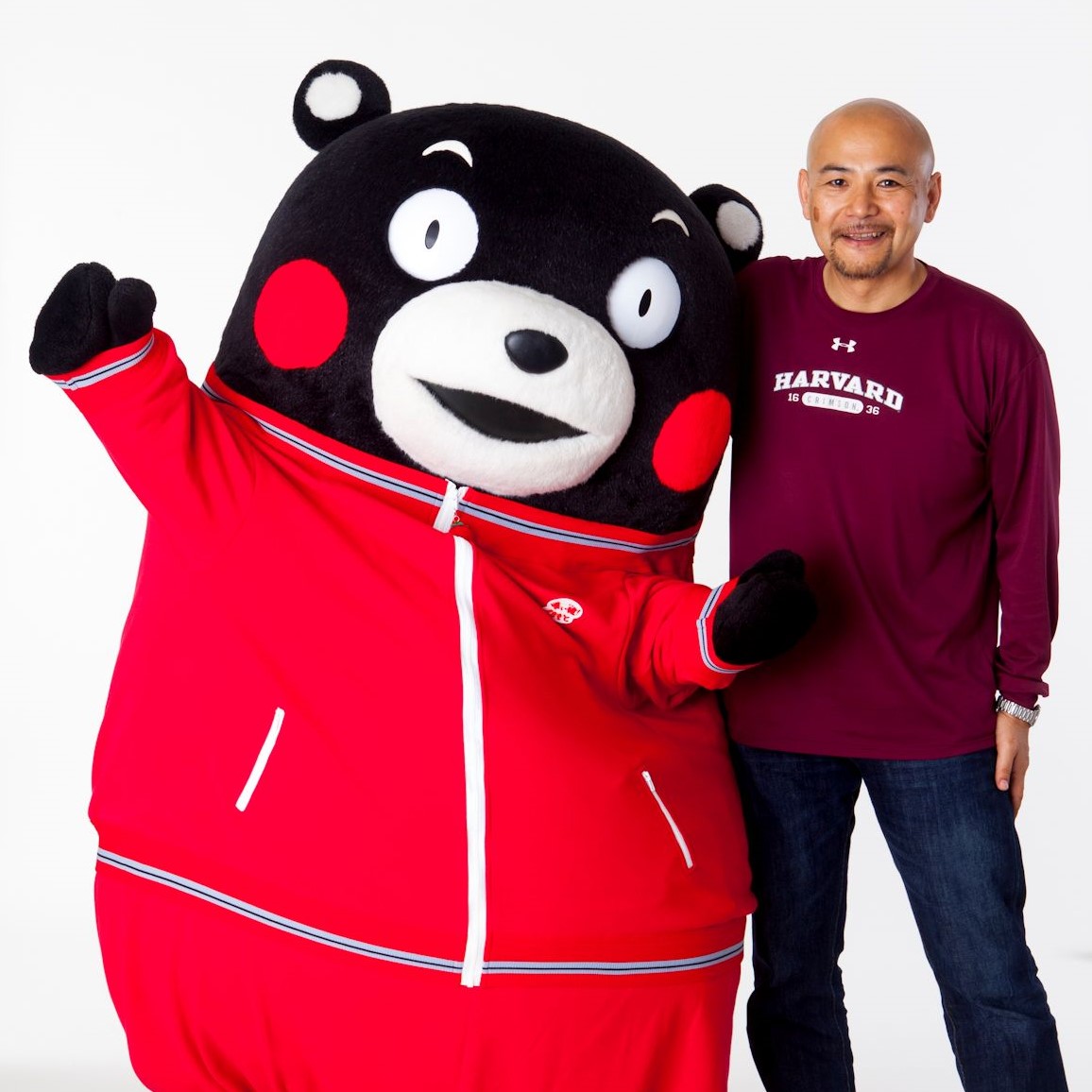
Shigeki TsuzukuMy research interests are the questions, “What can we do to lead people to be successful?” and “What can we do to make them want to keep trying?” I think that these questions are also critical in medicine, particularly in regards to improving preventive measures against metabolic syndrome. We are always trying to think of ways to lead people to be healthy, or keep eating healthily and exercising. I hope we can think of good answers to these questions together, and apply them to our work!
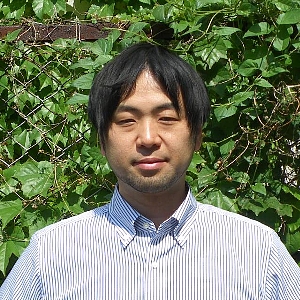
Naoshi HiraokaWho is a better teacher, someone with lots of passion but no skill, or someone with lots of skill but no passion? A teacher who is truly passionate would learn the proper teaching skills as well; if they don’t do that, then they are really just pushing their own beliefs on their students. On the other hand, a teacher with no passion would not be able to adjust their skills based on the situation, which would at some point make them unable to teach effectively.
To paraphrase detective Philip Marlow, “You can’t teach anything if you don’t have the skills. But you’ve got no right to teach anything if you don’t have passion”. You should join this program if you feel “I have way too much passion, so I need to build up the skills to match!”
To paraphrase detective Philip Marlow, “You can’t teach anything if you don’t have the skills. But you’ve got no right to teach anything if you don’t have passion”. You should join this program if you feel “I have way too much passion, so I need to build up the skills to match!”






